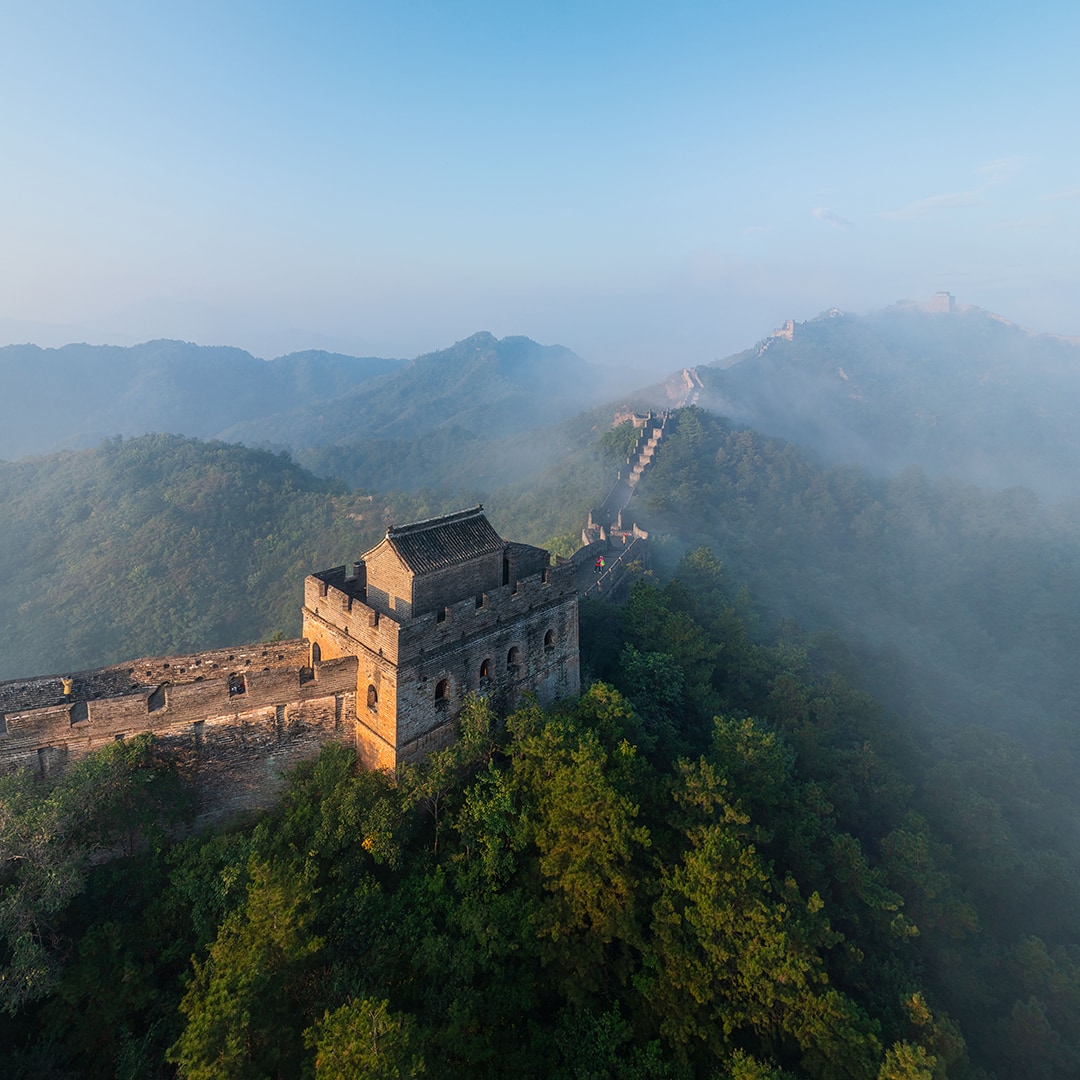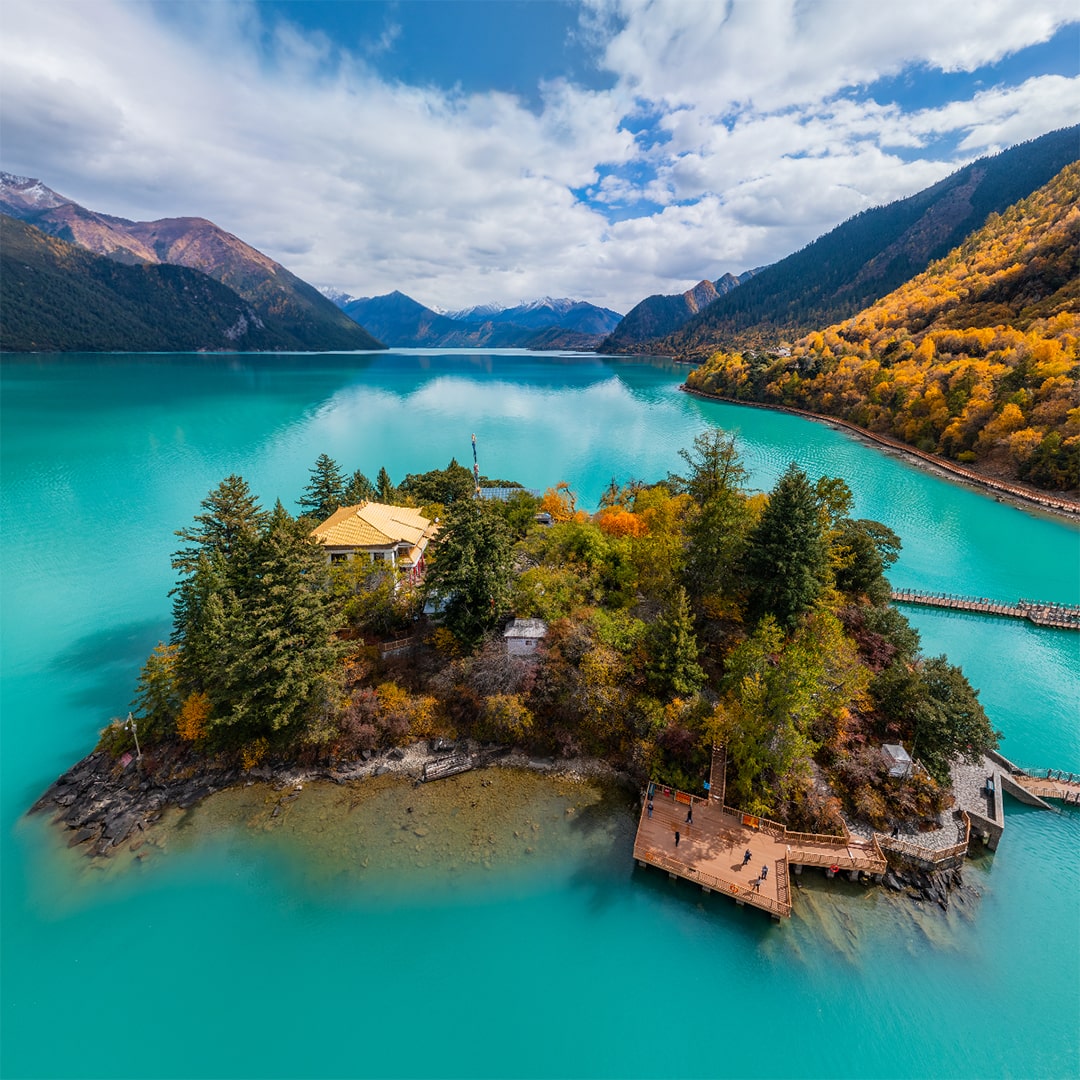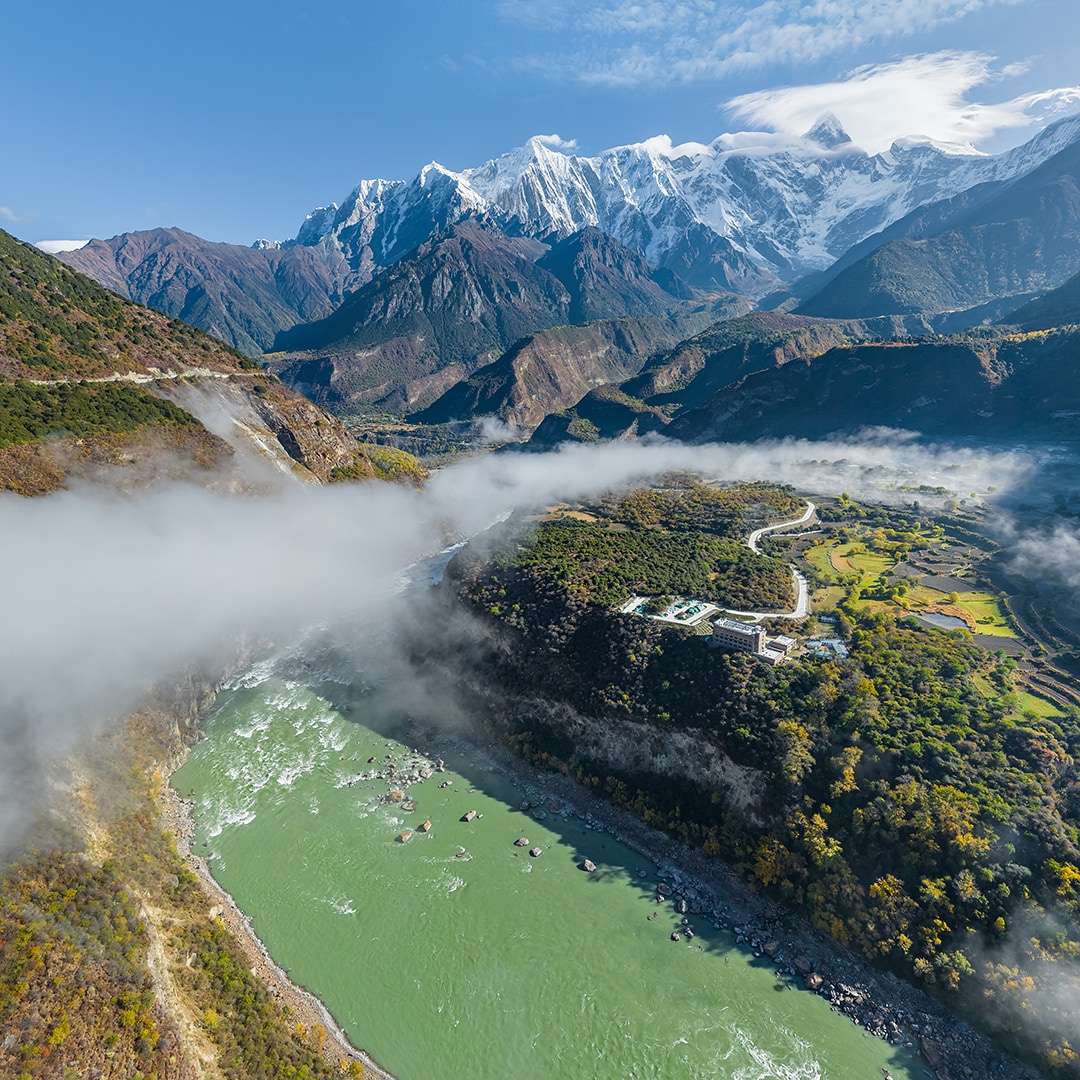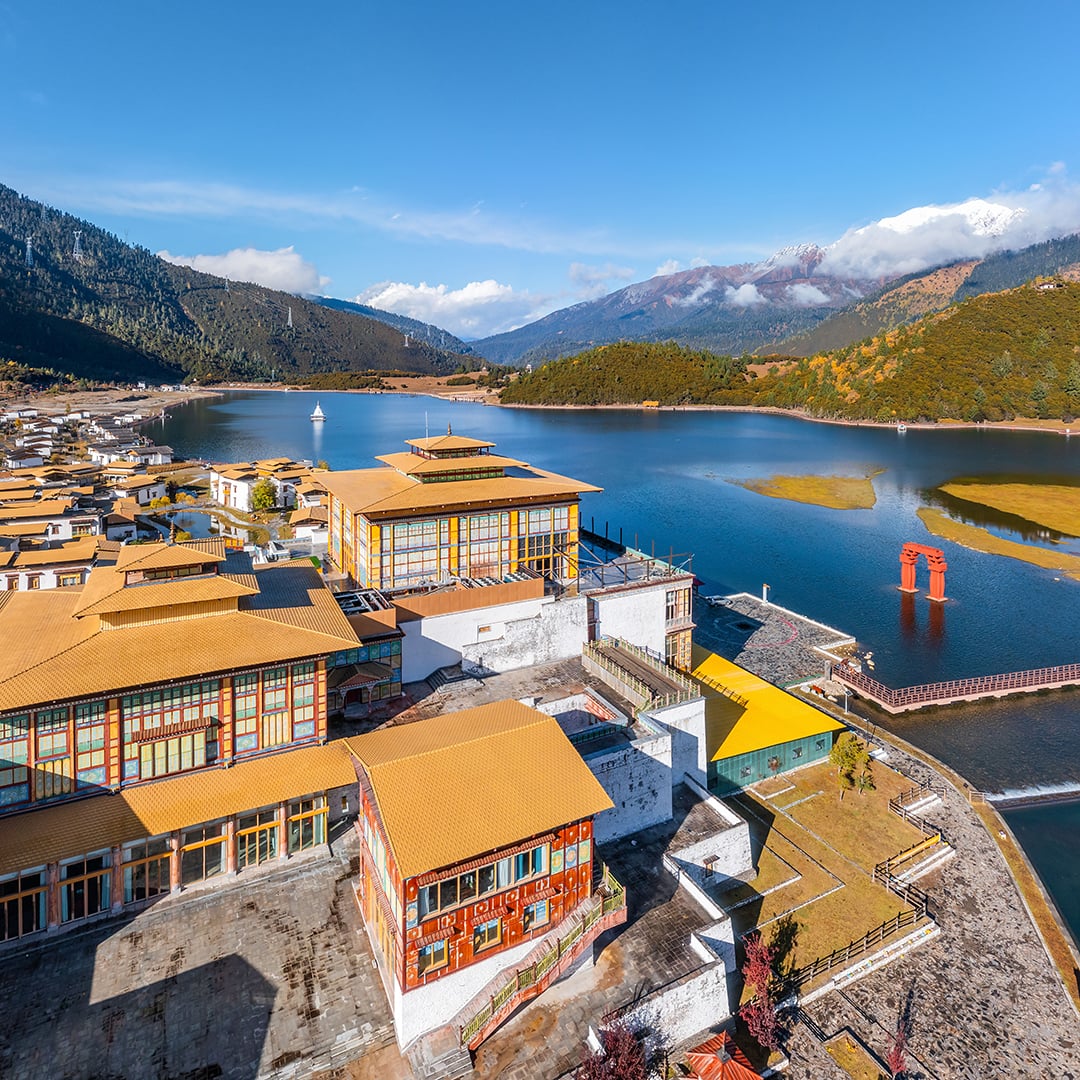Ancient town of Fenghuang, China
China is one of the most ancient countries with its unique culture. It is the place where architecture and history are intertwined with legends, and the best example is the ancient town of Fenghuang standing on the Tuojiang River. The town is named after the mythical phoenix, and a statue of this legendary bird can be found in one of the squares in front of the ancient East Gate.

The precise date of the foundation is unknown. It is believed that people lived here as early as in the 7th century, but it was just a border post. In 1554, tired of constant attacks of the Miao people from the south, the Ming dynasty built a wall. 150 years later, the Qing, a young dynasty at that time, officially founded Fenghuang.
It was an important strategic point on a 190-kilometres-long defensive line. Even though the Southern Great Wall is less known than the Great Wall of China, it is still the major heritage of the country.

Fenghuang was added to UNESCO's World Heritage Provisional List, not only for its beauty but for saving the unique atmosphere, as well. When you happen to come here, you will immerse in the 18th century and will be able to get acquainted with daily routines and traditions of that time. Unique wooden houses stand on pillars and rise above the water; right at the doorsteps, women wash vegetables and their clothes in the river. Despite the great number of bridges (some of them are the architectural masterpieces), people still cross the river by hopping from stones to stones that stand out of the water.

Fenghuang has become such a significant living historical monument that local authorities now protect it from the modernisation and the impact of the modern world. But it wasn't always like this, though. With the fall of dynasties and during the cultural revolution, many unique objects were reconstructed or destroyed. Fenghuang Wanming Pagoda was built in 1585 in the Ming Dynasty, and although it underwent an overhaul in 1691 in the Qing Dynasty, it retained its original structure, style and the ornamental designs on its main body. Its name means "The Tower of Ten Thousand Names". It is 21 meters high and the facade is decorated with paintings and sculptures. Wanming Pagoda was destroyed in the 1960s and recreated 20 years later. The famous Rainbow Bridge was significantly rebuilt if comparing to the original version. Besides, Fenghuang suffers from constant floodings.

More than half of the city's population belongs to the Miao or Tujia minorities. Silver jewelry has been a Miao craft for centuries and it was believed, that absolutely every woman should wear it. But if earlier it was a symbol of wealth, nowadays it is a tribute to their history.
Fenghuang has preserved its original appearance and layout of the 16th to 18th centuries. It was untouched by modernization, wars and natural disasters.
Photos and video by Victoria Shutova, Stanislav Sedov and Sergey Semenov
15 November 2024
Read more
Virtual Travels in 360°
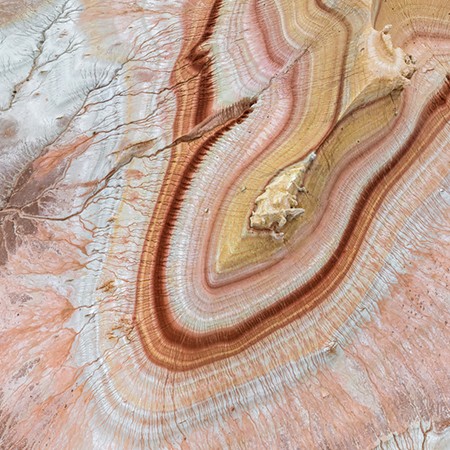 Mangyshlak, Kazakhstan. Boszhira and Kyzylkup
Mangyshlak, Kazakhstan. Boszhira and Kyzylkup
 Hanoi, Vietnam
Hanoi, Vietnam
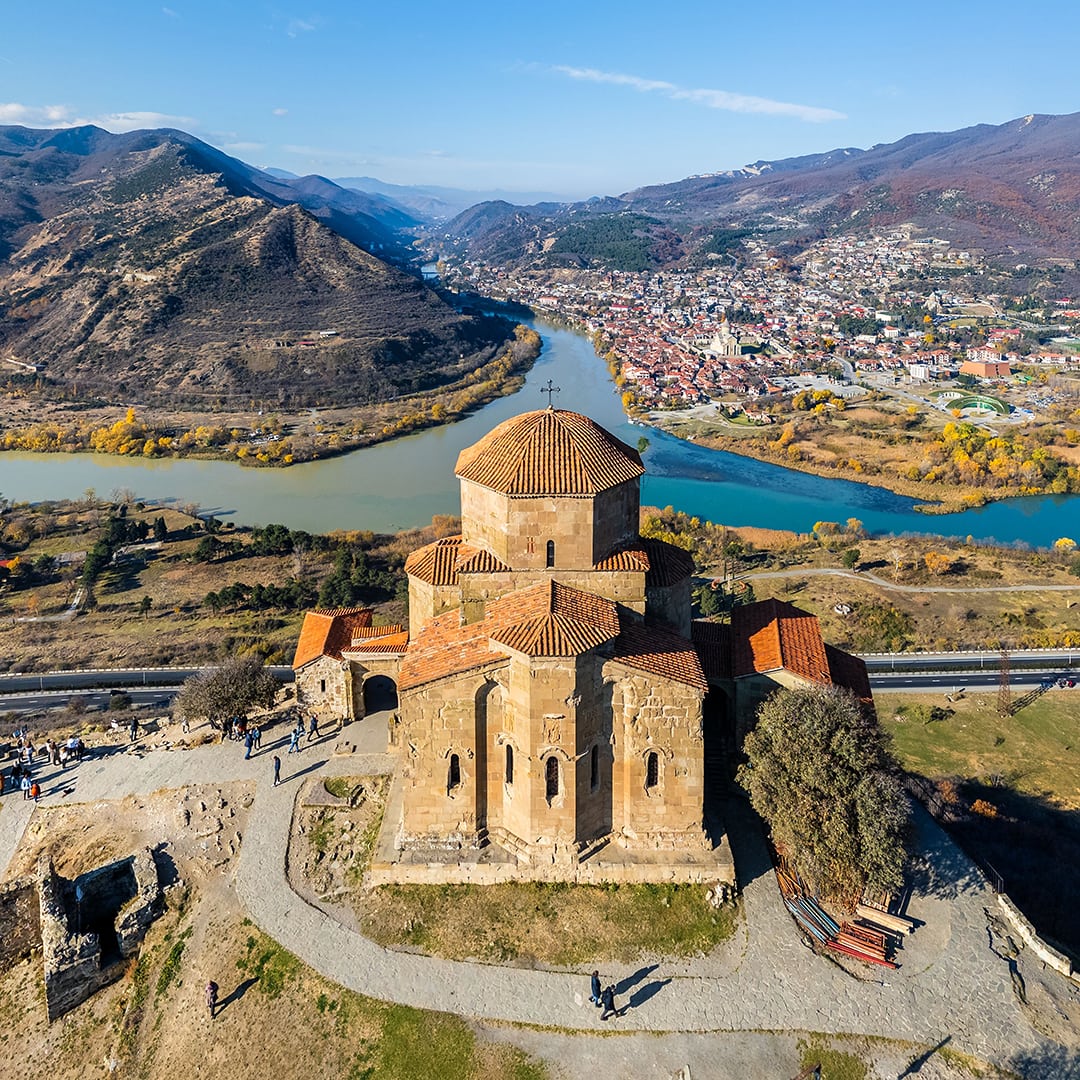 Trip to Georgia
Trip to Georgia
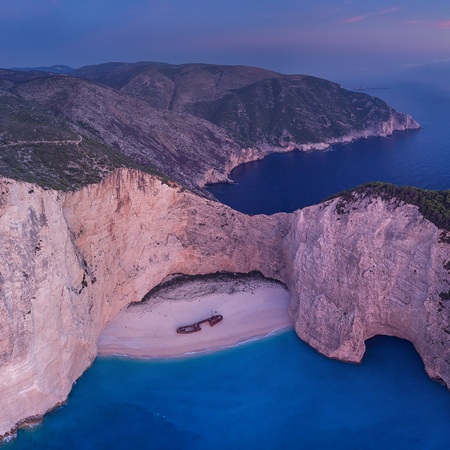 Zakynthos Island, Greece
Zakynthos Island, Greece
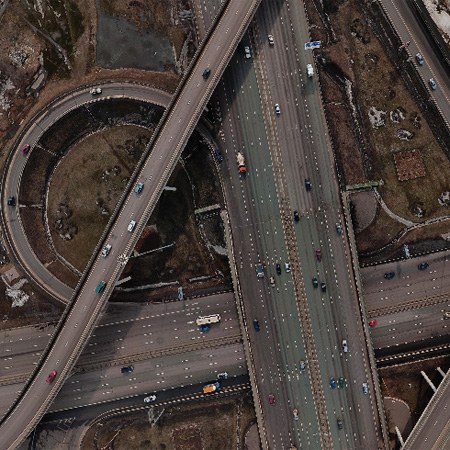 Moscow Automobile Ring Road (MKAD), Russia
Moscow Automobile Ring Road (MKAD), Russia
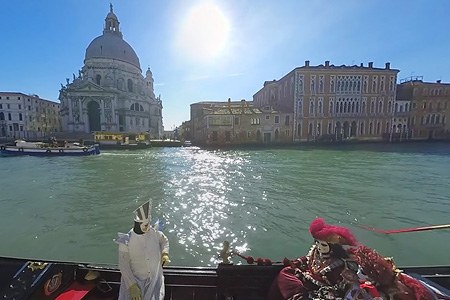 Carnival of Venice. Part II
Carnival of Venice. Part II
 Chengdu Research Base of Giant Panda Breeding, China
Chengdu Research Base of Giant Panda Breeding, China
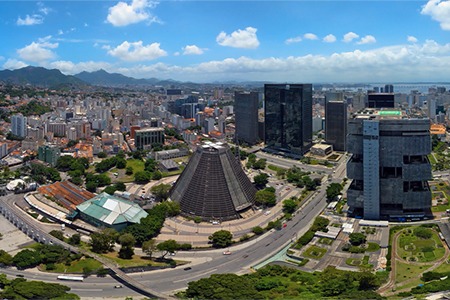 Rio de Janeiro. City Landscapes
Rio de Janeiro. City Landscapes
 Warao Indians. Delta of the Orinoco River, Venezuela
Warao Indians. Delta of the Orinoco River, Venezuela
 Mount Elbrus, Russia. Part I
Mount Elbrus, Russia. Part I
 Mont Blanc, Italy-France. Part IV
Mont Blanc, Italy-France. Part IV
Show more




